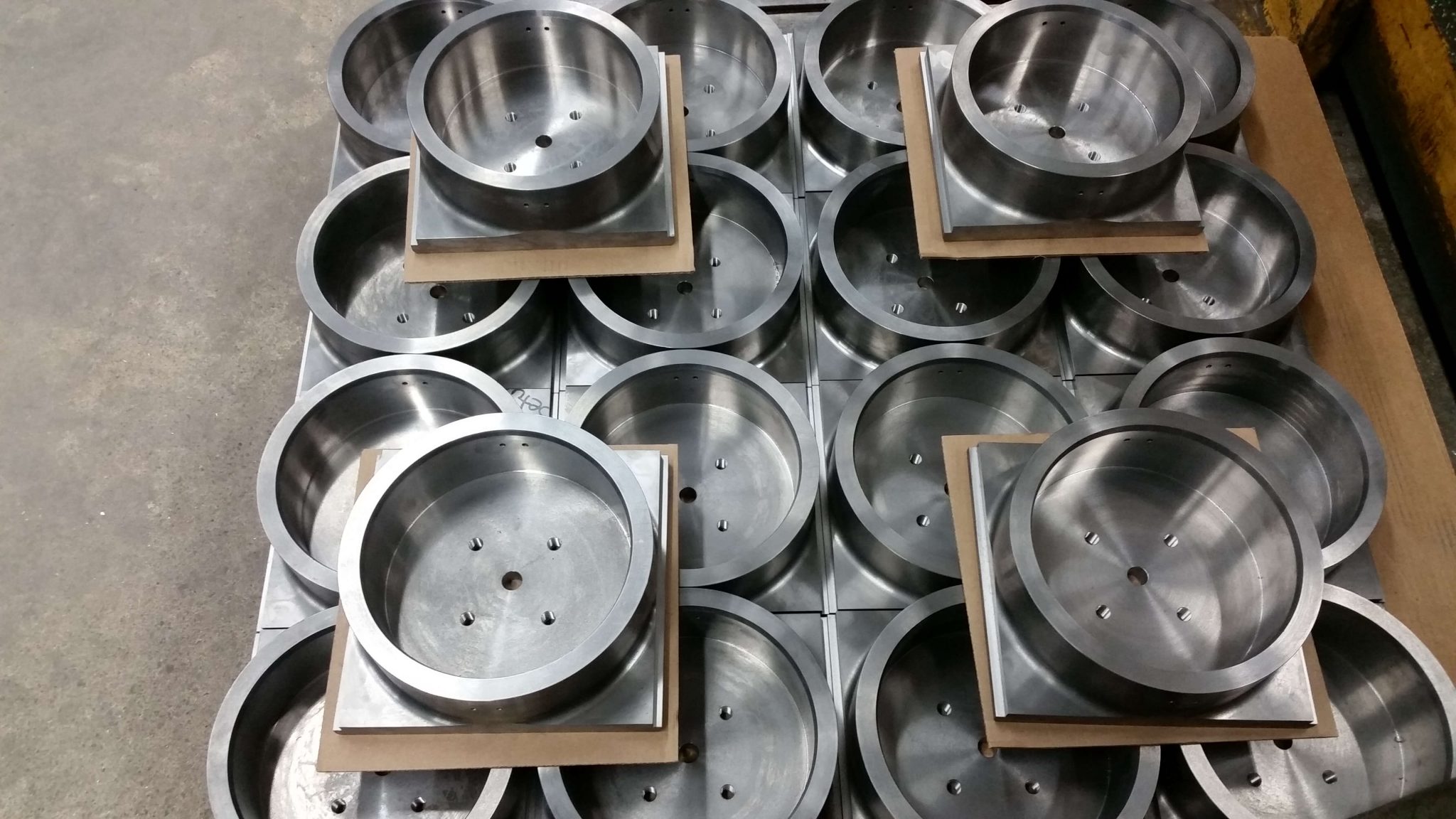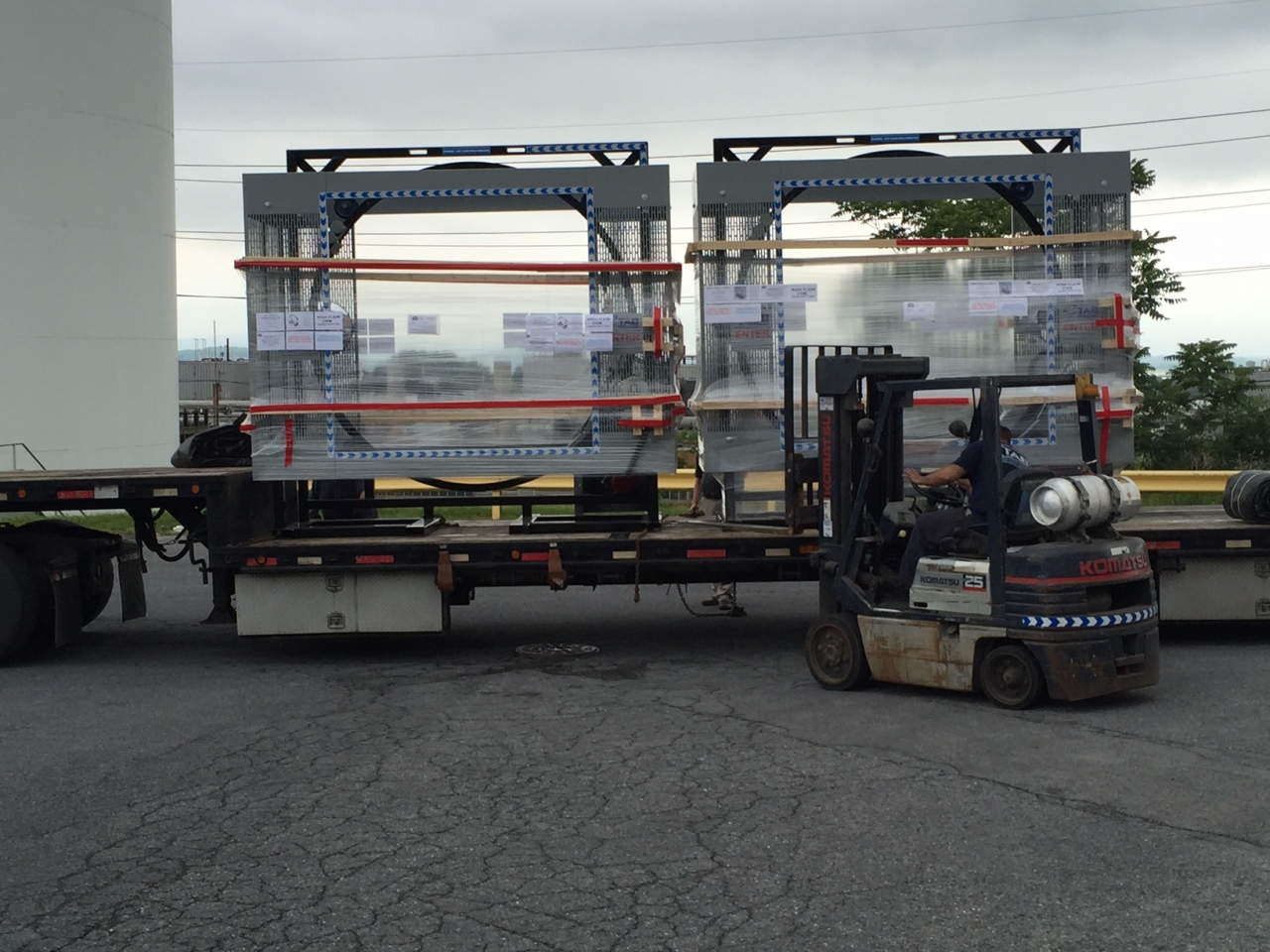Aluminum is a versatile material. It is available in different shapes and grades. The intended use of the metal dictates the type of grade you use for aluminum machining. Usage permits you to consider the characteristics or properties of each grade before selecting one in preference to the other. In this manner, you can weed out those less suitable for machining.
Machining Aluminum
Aluminum is receptive to many different types of metal fabrication processes. It and its alloys are easy to weld, turn, bore, mill, tap and saw. While machines that handle steel can perform the same functions on aluminum, preference is to utilize aluminum-specific machinery. Before selecting aluminum, however, it is imperative to consider certain properties:
- Aluminum allows higher speeds of both rotation and inertia. The result is less swarf
- Operators must pay special attention to chucking and clamping arrangements
- Thermal conductivity requires specific attention paid to such things as heat dissipation
- Heating is not required or desired where concerns for dimensional stability are significant
These factors influence the machining of aluminum as well as the selection of the proper grade.
Aluminum Machining: A List of Machinable Grades
When the machining of aluminum is requested, machinists have the choice of several different grades of aluminum and aluminum alloys from which to choose the right one. The following list groups them together in categories of fair to excellent:
Fair:
Alloy 2024
Alloy 5052
Alloy 6063
Alloy 7075
Good Machinability
Alloy 1100
Alloy 3003
Alloy 6061
Excellent Machinability
Alloy 2011
Make sure the selection meets the stated specifications of the customer for properties other than machinability.
Aluminum Machining
Machinability is a factor that varies with certain metals. Within the larger categories, variations also occur. When it comes to aluminum machining, it is imperative to know the properties of the alloys. This will facilitate the choice and make the process easier, reducing the risk for potential problems.



